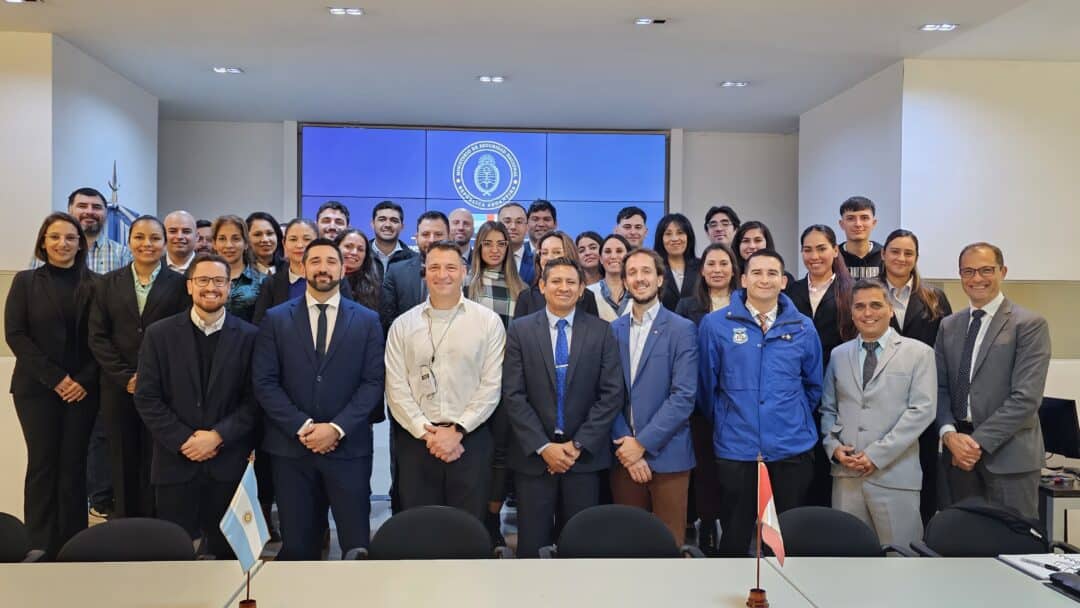
Project Profile
PROJECT UPDATE
Project Overview
This initiative supported Argentina’s Ministry of Security Cybercrime Investigations Directorate in the country’s capacity to investigate cybercrime, particularly in areas where women and girls were most vulnerable.
Project Profile
The Technical Assistance Partnership—Expert Deployment Mechanism (TAP-EDM) and Canadian expert in law enforcement, Jordan Whitesell, collaborated with Argentina’s Ministry of Security Cybercrime Investigations Directorate to strengthen the country’s capacity to investigate cybercrime, particularly in areas where women and girls were most vulnerable. The initiative aimed to generate better inclusion of a gender perspective in the work of law enforcement officials in cybercrime as part of the Strengthening Cybersecurity and Cybercrime Investigation (ForCIC) program.
This initiative worked collaboratively with the Cybercrime Investigations Directorate to review essential country documentation on online child sexual exploitation to identify challenges, gaps, and opportunities to strengthen existing practices, procedures, tools, and coordination mechanisms within the Directorate for the detection, investigation, and prosecution of these crimes.
The work included comprehensive training on strategies and tools to address these gaps, focused on online child sexual exploitation cases, and it targeted Federal Police and Security Forces’ officers.
Project Outcomes and Lessons Learned
The project enhanced the Ministry of Security’s ability to implement cybercrime prevention and investigation methods, as well as to set up multisectoral coordination mechanisms for violence prevention. One of the main lessons learned is that the political environment and electoral processes can affect the NGE’s participation in implementing the TAI. When a new government is formed, it is vital to engage with government officials, NGOs, and the TAP team to reaffirm that the TAI initiative remains a priority, which will help accelerate progress. The process of securing conflict-of-interest clearances from federal and provincial government bodies involves procedures that may take longer than expected. It is also important for Canadian experts and NGOs to recognise the potential impact of these delays on the advancement of the TAI initiative.

